Record Foreign Investment Floods Japanese Real Estate as Office Workers Join Buying Frenzy, Stoking ‘Bubble Warnings’
Input
Changed
Foreign Capital Inflows Surpass $70 Billion, Making Japan Asia’s Hottest Market Acquisitions Financed by Cheaper Credit Relative to Major Economies Salaried Workers Stretch Finances to Purchase Luxury Condominiums
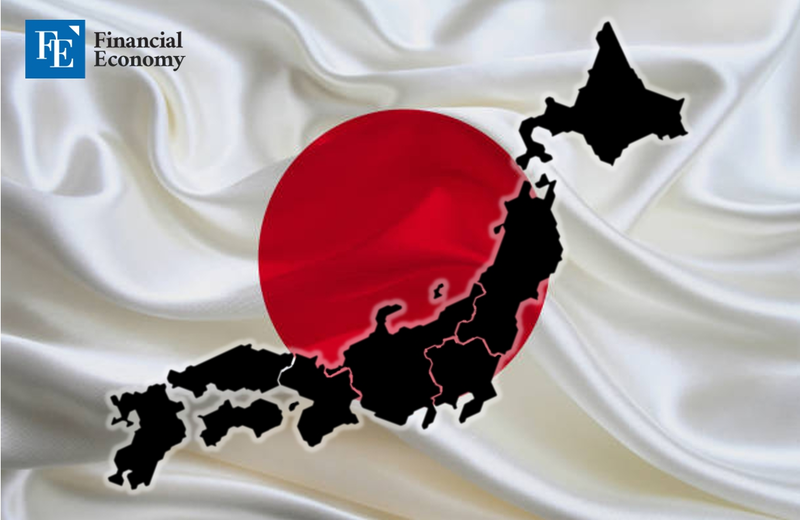
Japan has emerged as the most dynamic real estate market in Asia, with foreign investment in the sector reaching an all-time high in the first half of the year. Investors have been lured by the prospect of securing financing at rates significantly lower than those in other advanced economies, alongside expectations that inflation will sustain rental growth. Adding to the momentum, Japanese salaried workers have begun taking on heavy debt burdens to secure high-end condominiums and homes, fueling sharp price escalation, particularly in Tokyo.
Blackstone Acquires Tokyo Complex for $2.6 Billion
According to data released on September 1 by the Japanese unit of global real estate services firm CBRE, foreign acquisitions of Japanese real estate totaled $71 billion in the first half of the year, the largest figure recorded since tracking began in 2005. Office building transactions alone accounted for more than 40% of all deals. In February, U.S. private equity giant Blackstone acquired the Garden Terrace Kioicho complex in Tokyo for $2.6 billion, marking the largest-ever single-asset transaction in Japan. Hong Kong-based Gaw Capital Partners also purchased the Tokyu Plaza Ginza shopping complex for $1 billion.
With this influx, Japan has risen to the top of Asia’s property investment markets. In the first half, Japan attracted $228 billion in real estate investment, equivalent to one-third of the Asia-Pacific total. Tokyo led the region with $132 billion in transactions, dominating office, retail, and residential sectors. Hong Kong’s co-living operator Weave Living and U.S. buyout firm KKR jointly acquired six properties in Tokyo’s upscale districts, expanding their Japanese portfolio to 17 assets. Meanwhile, MindWorks Properties entered the market by acquiring a multi-family residential block in Minato Ward.
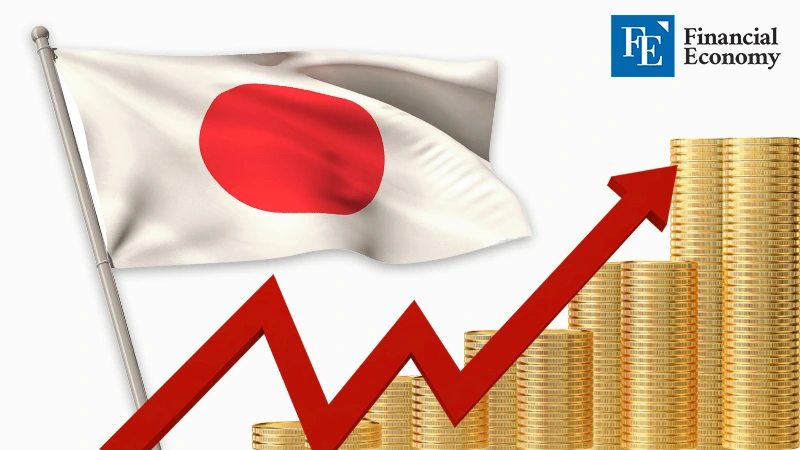
Low Rates and Rising Rents Spur Profit Expectations
Investor enthusiasm is underpinned by expectations that Japan’s inflationary trend will persist. In July, the nation’s core consumer price index, excluding fresh food, rose 3.1% year-on-year, marking the eighth consecutive month of inflation above 3%. This trajectory has heightened pressure on office rents. “Rental increases will continue, particularly for newly built large-scale office buildings in prime urban locations,” said Toyokazu Imajeki, senior analyst at Sanko Estate.
Another catalyst is the Bank of Japan’s accommodative monetary policy. Japan’s short-term interest rate of 0.5% is markedly lower than the U.S. rate of 4.25–4.5% and the U.K.’s 4%, enabling overseas investors to finance acquisitions cheaply. The relative profitability of Japanese property adds further appeal. According to Mitsui Sumitomo Trust Research Institute, the spread between Tokyo’s core real estate yields and long-term rates stood at 1.9% in the first quarter, surpassing New York (1.7%) and London (1.2%).
Corporate asset disposals are also bolstering the boom. Non-core asset sales by Japanese companies are estimated at $3 trillion in the first half, driven by restructuring and pressure from activist investors. Nissan is preparing to sell its headquarters building to shore up finances, while brewer Sapporo Holdings is divesting Ebisu Garden Place to reinvest in its core beer business.
Surging Prices for New Apartments and Ultra-Luxury Residences
This price escalation has extended to Japan’s middle class. A key strategy among salaried workers is the so-called “pair loan,” whereby a couple leverages a single property to take out separate mortgages, substantially boosting borrowing capacity. Many optimistic about future property values are employing this method to acquire luxury residences, even at considerable financial strain. Recruit data shows that in 2023, 37% of new condominium buyers in the Tokyo metropolitan area and 25.2% in the Kansai region utilized pair loans, both record highs since surveys began in 2018.
Another strategy is stretching mortgage repayment terms to unprecedented lengths. While the standard repayment period is 35 years, terms of 40 to 50 years are increasingly common. The rationale is that long-term appreciation will ultimately enhance asset value. Yet experts caution against this debt-driven frenzy. Life events such as childbirth, illness, or job loss could erode income, creating a dangerous mismatch between borrowing capacity and sustainable repayment.
Warning signs of a property bubble are mounting. The Real Estate Economic Institute reports that average prices for new apartments (70 square meters) in Tokyo’s 23 wards climbed 11.2% year-on-year in fiscal 2024 to $1.09 million. Luxury property prices have skyrocketed, with the penthouse of Azabudai Hills Residence, completed in 2023, recently selling for $1.88 billion. This surge reflects a shortage of new supply coupled with inflows of affluent domestic and foreign buyers. Even high-income households are being priced out of central Tokyo, giving rise to the phrase “Reiwa Bubble.”

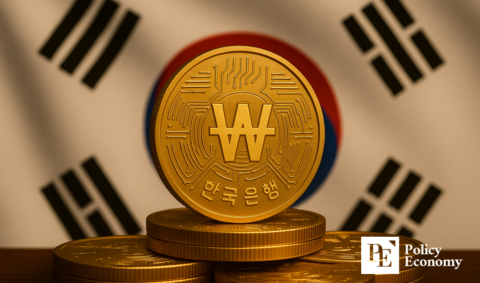
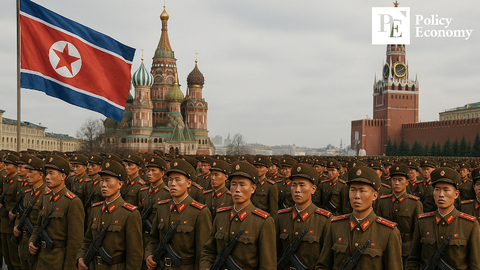
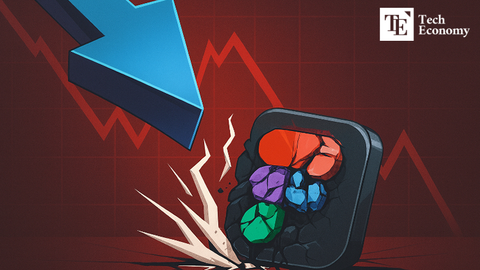
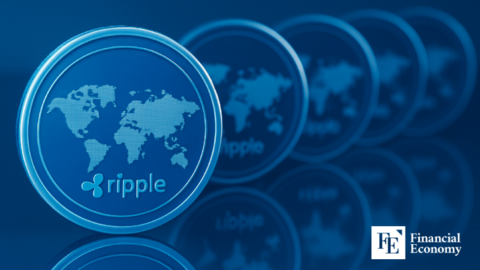



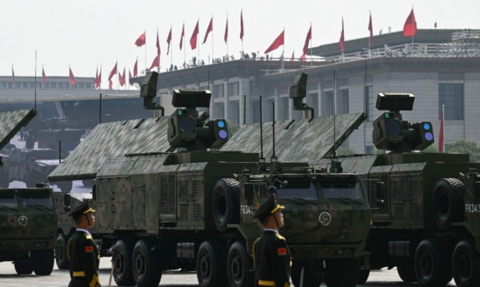
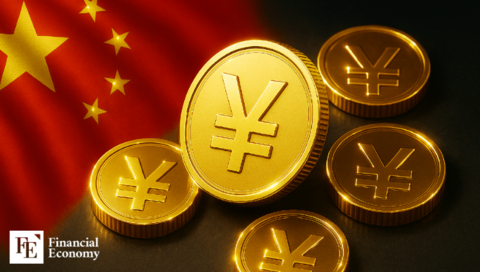












Comment